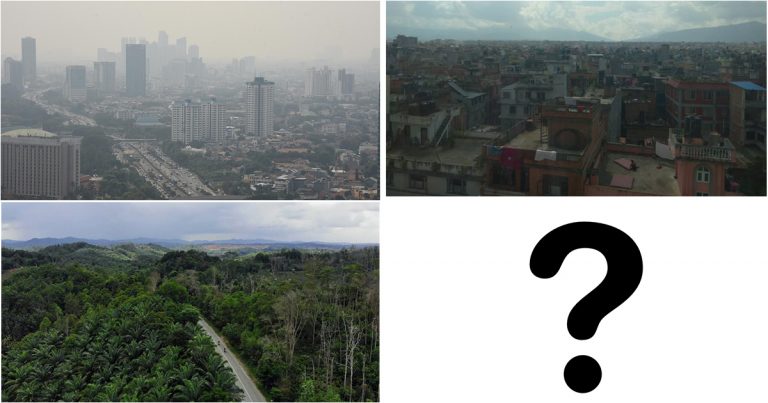
Recently, Indonesia announced it would shift its capital from Jakarta to its forested island of Borneo, some 2000 kms aways. While not a common occurrence, shifting capitals is not unheard of. There are several reasons for a nation to do so.
For Indonesia, the governing factors are:
- Reducing the burden on Jakarta:
Indonesia’s president, Joko Widodo, while making the announcement said the ‘relocation is about addressing inequality and relieving some of the burden on Jakarta, and the island of Java’. Jakarta serves as the centre of governance, business, finance, trade and services. Moving the capital will relieve Jakarta as the centre of governance, and will allow Jakarta to continue as the financial capital of the nation.
- Addressing Inequality:
The island of Java, which is home to 60% of the country’s population is responsible for more than half of the country’s economic activity. Borneo, while being larger than Java accounts for less than 10% – the capital shift could address inequality, as per the President.
- Central Location:
Kalimantan is also much more central in Indonesia’s archipelago of 17,000 islands.
- Depleting Resources:
The island of Java houses an estimated 60% of Indonesia’s 264 million population. The competition to avail natural and infrastructural resources are high, the shift could relieve citizens. Jakarta, a mega city, has one of the world’s worst air quality, traffic congestion is severe, and housing is restricted.
- The island is sinking:
Areas of north Jakarta, including the seawall designed to protect them, are falling at an estimated 25cm a year, due to subsidence. The city does not pipe in enough drinkable water, so Jakartans rely largely on wells which extract water from shallow aquifers, leading to the the land above it collapsing.
Now lets compare the situation with Nepal’s capital – Kathmandu.
Shifting the capital away from Kathmandu would definitely reduce the burden on the city – the valley, serving almost a million residents is crippling as widespread exploitation of the city continues – water is scarce, traffic is almost unmanageable, air is un-breathable. The city is growing haphazardly, with no concerns about the widespread implications of environmental degradation.
Lots of other cities of Nepal are more accessible and centrally located than Kathmandu. Shifting federal and administrative works alone could reduce a major impact on the city, and allow it to thrive as a financial, cultural and touristic hub.
While a very big move, perhaps Nepal could also consider shifting its capital – let Kathmandu breathe.
While that has been said, one must also listen to the other side of the story too – for example, the shifting of Indonesia’s capital could have a huge environmental impact – if not done wisely. The Borneo island is home to rainforests, and one of the last surviving natural habitats of the orangutans. The destruction of the forest could destroy their and several other wildlife’s homes.
Environmentalists are urging Indonesia to proceed with caution – lest there be another Jakarta in the Borneo island in the future.





